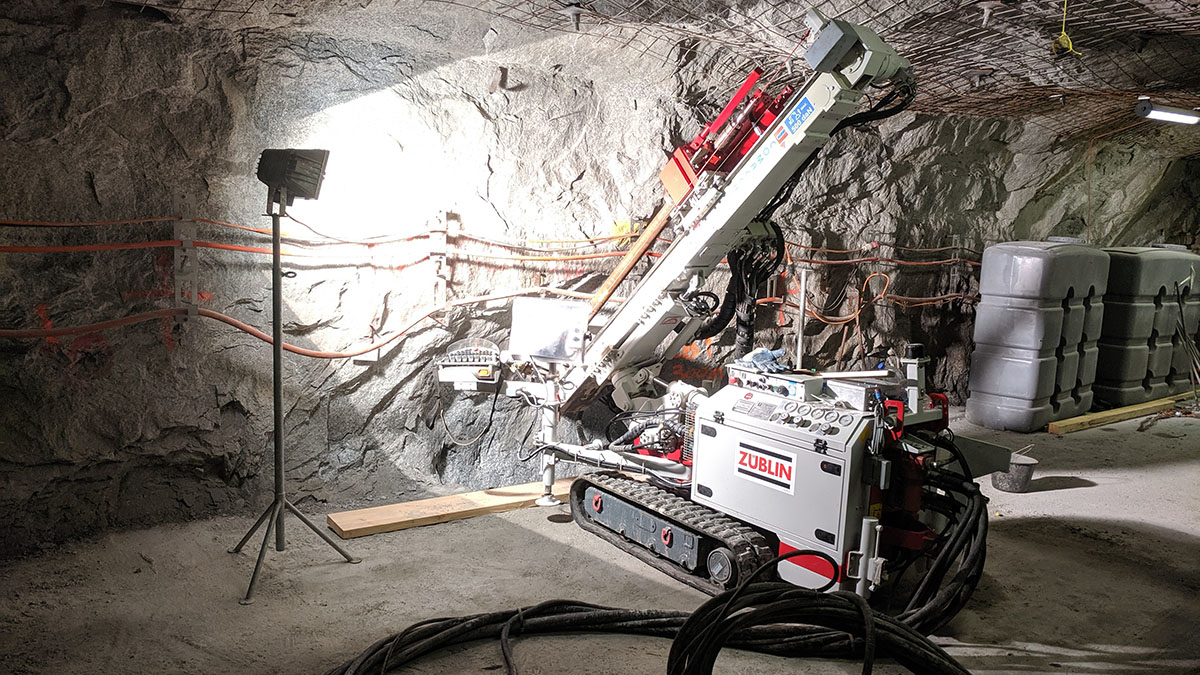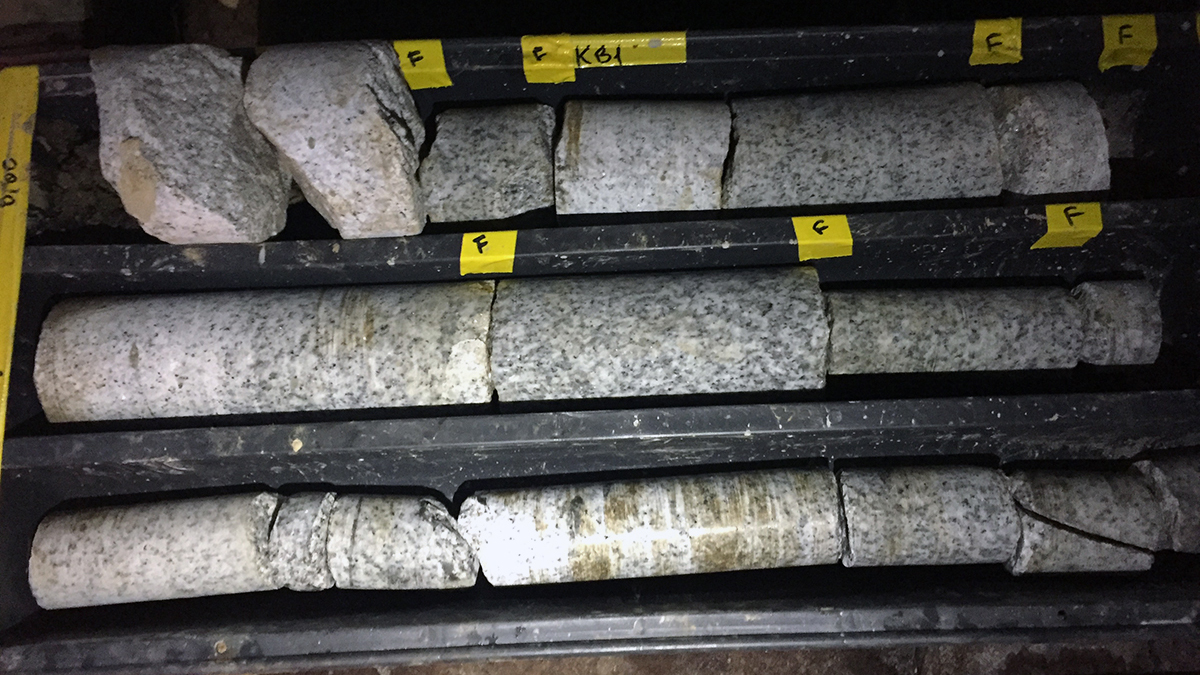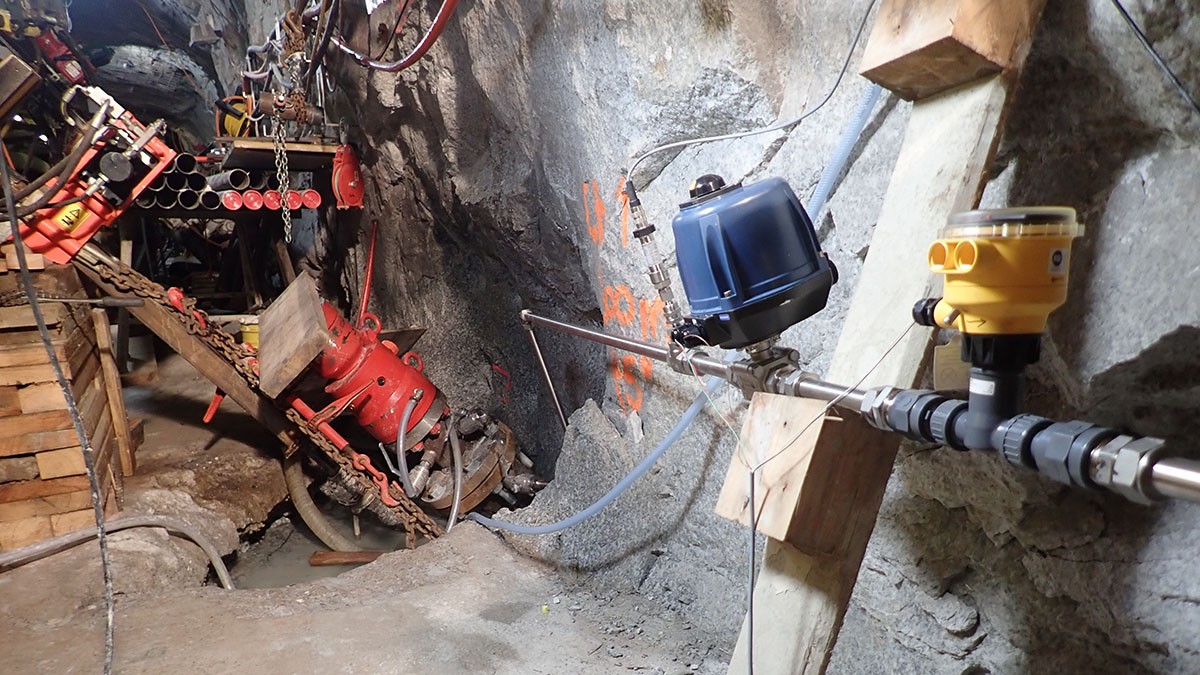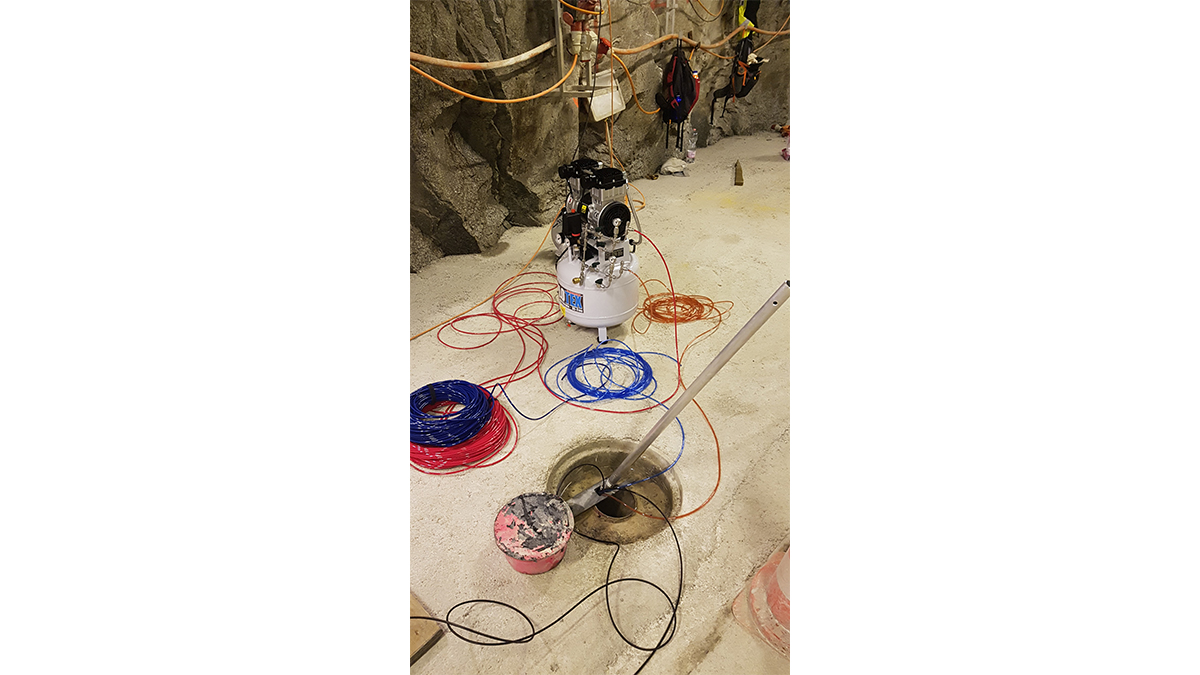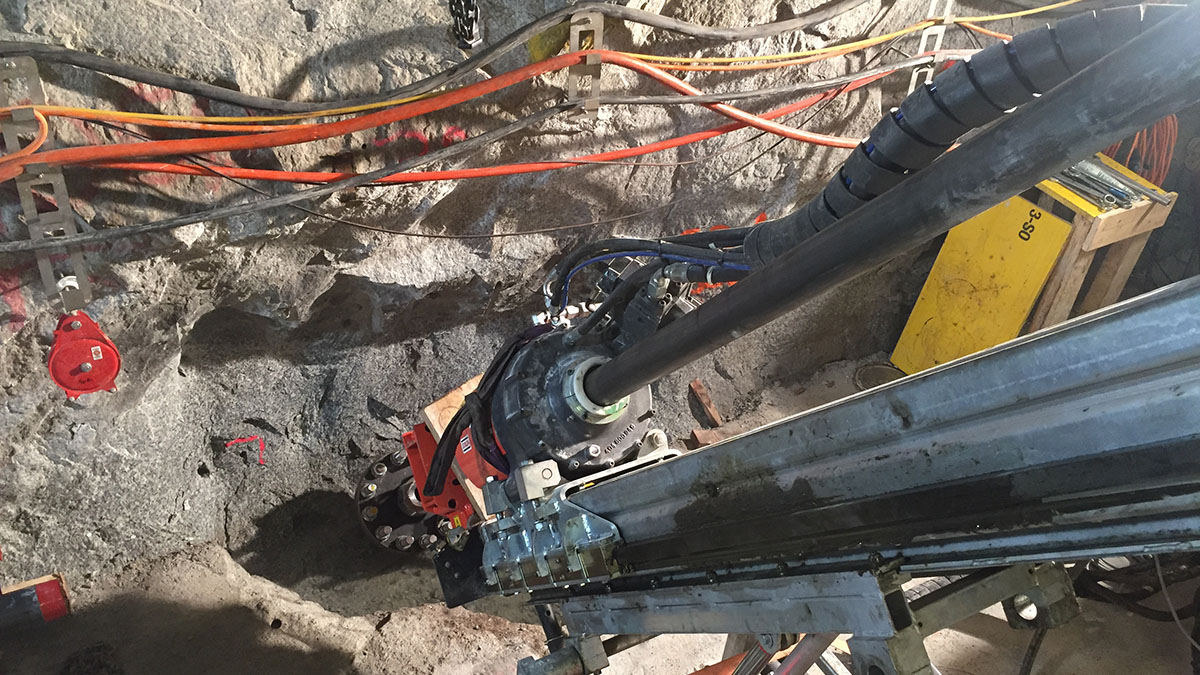Research fields
Research in the BedrettoLab currently focuses on those areas:
Earthquake Physics and Predictability
Despite intensive research, scientists currently cannot predict exactly when and where the next earthquake will occur. A better understanding of the earthquakes physics’ could help to predict earthquakes at some point in the future.
At the BedrettoLab small earthquakes can be generated under controlled conditions at a depth of more than one kilometre and on a scale of ten to one hundred metres. A dense monitoring system allows to measure and collect a variety of earthquake data. Therewith, scientists hope to gain a better understanding of the dynamics of earthquakes. The new findings will help to advance the safe use of geo-energy and to improve the predictability of earthquakes.
Geothermal Energy
Increasing the share of renewable energies is one of the cornerstones of the Swiss Energy Strategy 2050. Geothermal energy is among other renewables a promising resource for electricity and heat production. It makes use of the enormous heat captured deep underground. For this purpose, cold water is injected at high pressure into the rock, where it heats up before it is pumped back to the surface. In Switzerland, the temperature rises by approximately 30 °C for every kilometre below the surface towards the centre of the Earth.
In the “Bedretto Underground Laboratory for Geosciences and Geoenergies”, ETH Zurich studies, in close collaboration with national and international partners, techniques and procedures for a safe, efficient, and sustainable use of geothermal heat. To this end, a sufficiently permeable reservoir is necessary which is accessible on a long-term basis. Researchers conduct different experiments focusing on the different processes in a geothermal reservoir. They use several boreholes in which they have placed a variety of sensors to track even the smallest changes in stress, pressure, and fluid movements. Only in a rock laboratory, such close monitoring is possible and affordable.
Geobiology
Geobiological research in the BedrettoLab focuses on the study of organisms living at the energy limit of life. For this purpose, a research infrastructure – Deep Life Observatory (DELOS) – has been installed spanning over a variety of dedicated field instruments and borehole infrastructure throughout the tunnel, either in the geothermal testbed or in unexplored areas. DELOS supports a variety of projects such as:
- tunnel-wide characterisation of tunnel and surface biogeochemistry
- in-situ experiments to study changes in microbial biomass during hydraulic stimulation
- microbial community evolution experiments with fluids from the BedrettoLab
- characterisation of the ‘microbial dark matter’ inhabiting the Rotondo granite.
Technology Developments
Numerous new technologies to access the deep underground and monitor its behaviour are developed and tested in the BedrettoLab. These developments are needed because suitable techniques or instruments did not exist in the required form (e.g. sensors that can withstand the conditions in the boreholes) or their application has to be optimised and tested.
The Bedretto Tunnel
The Bedretto tunnel, connecting the Ticino with the Furka tunnel, offers ideal conditions to perform these experiments. It allows to pursue the research conducted in laboratories at universities and in other rock laboratories, e.g. at Grimsel, on a bigger scale.
This is an important advancement to prove previous concepts in a setting reflecting as closely as possible the conditions in the deep underground. The coverage of 1,000 to 1,500 meters above the tunnel simulates well the pressure conditions at relevant depths for a geothermal reservoir.
In order to operate such a rock laboratory, the tunnel has undergone extensive construction work: the floor was levelled out and unstable rocks were secured; a ventilation system, a communication network, and electricity were installed. The owner Matterhorn-Gotthard-Bahn has currently leased the tunnel to ETH Zurich for eight years.

